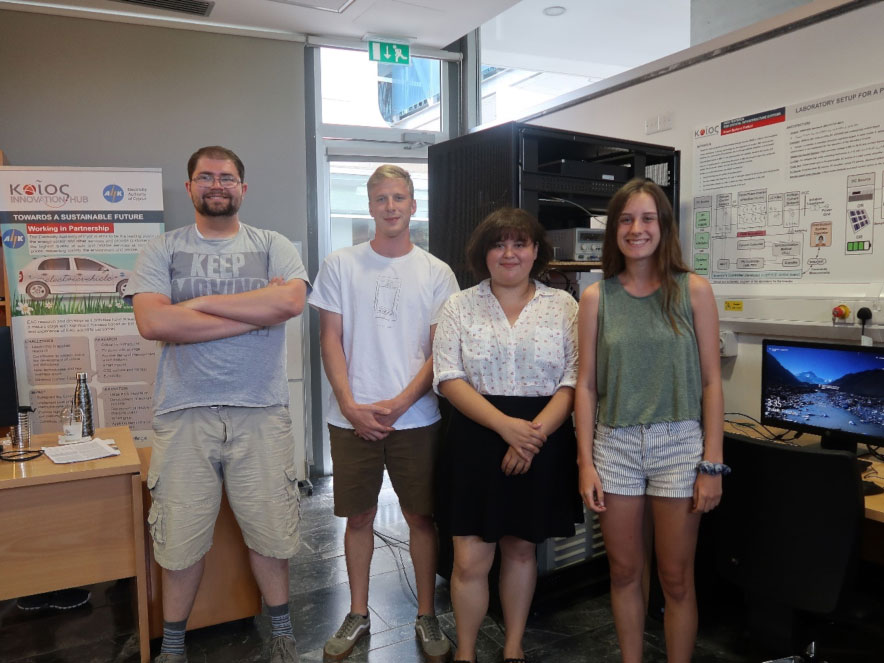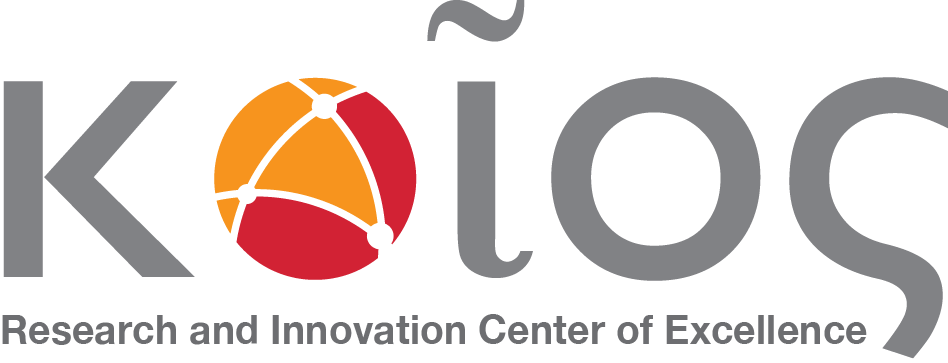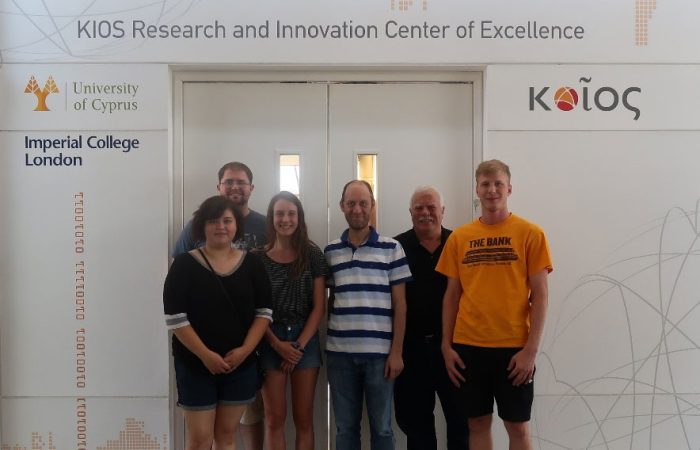Science and engineering students associated with the Sensor Signal and Information Processing (SenSIP) Center of Arizona State University had the unique opportunity to participate in a collaborative solar energy research at the KIOS Research and Innovation Center of Excellence (KIOS CoE) at the University of Cyprus.
This international research endeavor between Arizona State University and the University of Cyprus is supported by the International Research Experiences for Students (IRES) program, which focuses on active research participation by U.S. science and engineering students in high quality international research, education and professional development experiences in National Science Foundation-funded research areas.
The students Jayden Booth, Jovita Chauvin, Michael Oberdorf and Emma Pedersen along with their Professor Andreas Spanias travelled to Cyprus from the U.S. and spent four weeks during the summer break at the KIOS CoE. Through the SenSIP IRES program students were engaged in collaborative research with faculty and graduate students at the Center in the area of sensors and machine learning for solar energy monitoring performance, forecasting and anomaly detection applications.
Willingness to study in another cultural, geographic, and linguistic context
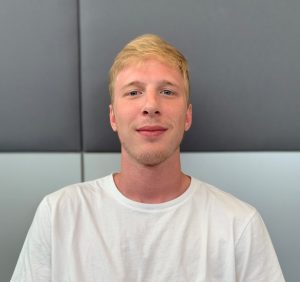 Michael Oberdorf, a US airforce veteran and now undergraduate student in Electrical Engineering said: “I decided to join the program because I wanted the opportunity and experience to live, study and work abroad and be able to immerse myself into a different culture”.
Michael Oberdorf, a US airforce veteran and now undergraduate student in Electrical Engineering said: “I decided to join the program because I wanted the opportunity and experience to live, study and work abroad and be able to immerse myself into a different culture”.
Computer Science student Jovita Chauvin said: “I was eager to apply to the program because it offered me the chance to gain research experience along with travel”.
Emma Pedersen, an undergraduate student in Aerospace Engineering and Computational Math added: “I thought this program would be a great way to apply the skills I had learned during the year into an international setting, and getting to collaborate with researchers from the University of Cyprus sounded very exciting”.
International research experiences
This collaborative NSF IRES project between Arizona State University and the University of Cyprus promotes international multidisciplinary research at the overlap of sustainability, power systems and signal processing with the aim of improving efficiency in PV power generation. Towards this end, U.S. students were trained in producing and understanding solar analytics and creating algorithms and software to control solar arrays. Through workshops students were in a position to present their research results in international setting.
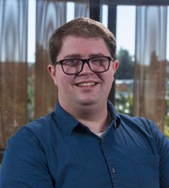 Jayden Booth, a graduate student in the Computer Engineering program said: “Through this program I learned how research is conducted here in Cyprus. I also had the chance to meet and interact with Cypriot researchers on a regular basis”.
Jayden Booth, a graduate student in the Computer Engineering program said: “Through this program I learned how research is conducted here in Cyprus. I also had the chance to meet and interact with Cypriot researchers on a regular basis”.
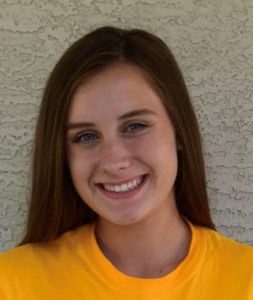 Emma placed emphasis on the research and cultural experience gained from this trip, saying that it was very valuable to learn about how research is conducted at other universities and countries. “We also had the opportunity to visit many cultural and archaeological sites and talk with a diverse group of people from both within the university and out, which was a very enriching experience”, she added.
Emma placed emphasis on the research and cultural experience gained from this trip, saying that it was very valuable to learn about how research is conducted at other universities and countries. “We also had the opportunity to visit many cultural and archaeological sites and talk with a diverse group of people from both within the university and out, which was a very enriching experience”, she added.
Discover Cyprus
The four Arizona State University students said that they enjoyed their stay in Cyprus, since they had the opportunity to visit different cities and monuments of Cyprus, and to taste the delicious Cypriot food!
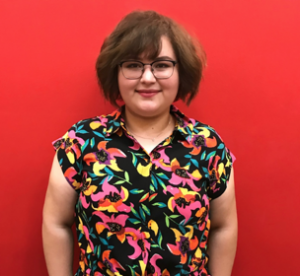 Jovita stated: “I loved being in Cyprus! It was my first time traveling overseas which made me nervous but at the same time super excited. We visited different cities while in Cyprus: Larnaca, Pathos, Limassol, and Ayia Napa. We were able to visit different museums, archeological sites, and beaches. We also ate a lot of delicious food! My favorite part of the trip was being able to visit the Church of Saint Lazarus in Larnaca. I loved all of the detail in the architecture as well as the ambiance inside the church”.
Jovita stated: “I loved being in Cyprus! It was my first time traveling overseas which made me nervous but at the same time super excited. We visited different cities while in Cyprus: Larnaca, Pathos, Limassol, and Ayia Napa. We were able to visit different museums, archeological sites, and beaches. We also ate a lot of delicious food! My favorite part of the trip was being able to visit the Church of Saint Lazarus in Larnaca. I loved all of the detail in the architecture as well as the ambiance inside the church”.
Michael was very excited for being able to live on an island even for three weeks, as he has never been on one before. “I enjoyed my stay very much in Cyprus. Everyone has been very kind and helpful towards me. The local food was unique and very good. The thing I like most was being able to travel and explore a new city every weekend, and going to all the Mediterranean beaches”, he said.
Finally, Emma added: “I really enjoyed staying in Cyprus, the university and the KIOS Center are amazing and everyone we’ve met has been kind and accommodating. I also got to experience a lot of culture and history that I wouldn’t have been exposed to otherwise. I liked our trips on the weekend especially, where we got to explore all the main cities; we saw beaches, ruins, archaeological sites, castles and museums so it was very interesting learning about the history and seeing the similarities and differences between all the places we visited”.
The students also visited the US Embassy and met with public relations officials. They also visited the University of Cyprus Rector Tasos Christofides who gave them a description of the mission of UCY. The rector also described the long-range plans for expanding UCY research and education programs.
Growing ties
This collaborative NSF IRES project between Arizona State University and the University of Cyprus has received funding for three years and it will bring mutual benefits to both Institutions. Students and faculty from the KIOS CoE will provide knowledge on EU and international research practices, energy standards and policies and students from U.S. will improve their research skills and elevate their cultural competencies. The research collaboration between the faculty and the students at the two sides continues throughout the year, enabling the students to have an overall rounded research experience and complete their assigned projects.
Professor Elias Kyriakides, on behalf of the KIOS CoE said that “we are very happy to have hosted Prof. Andreas Spanias and four Arizona State University students through the NSF IRES program. We look forward to continuing the collaboration and to hosting the next set of students in the summer of 2020!”
